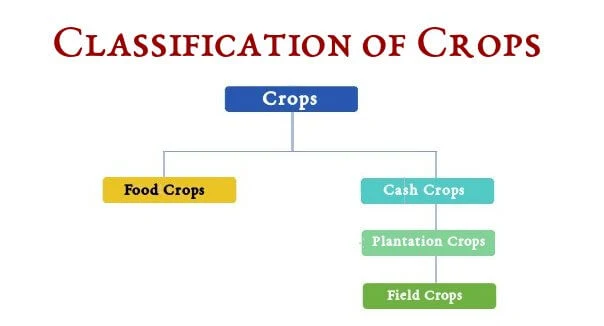The term 'Computer' is derived from the Latin word Computus which literally means to “to calculate”, “to count”, “to sum up” or “to think together.”
A Computer is a programmable general-purpose electronic device designed to perform a sequence of actions in accordance with the specified list of instructions at high speeds.
It accepts (inputs), stores, manipulates and retrieves (outputs) data as numbers, text, graphics, voice, video files, or electrical signals according to the specified mathematics or logical operations detailed in the special set of instructions. These specified set of instructions is known as a program.
Basic Terms in Computer terminology
- Data: Collection of Information ie, facts, and figures.
- Information: Processed data.
- Bit (Binary Digit): The most basic unit of information.
- Byte: It is the smallest unit of data storage that usually holds one character.
- ASCII: The standard that is used to convert a keystroke to its corresponding bit.
- Data processing: A set of actions performed by the computer to convert data into information.
- RAM: Random Access Memory
- ROM: Read Only Memory
- Booting: It is a sequence of initial instructions/operations that the computer performs when the system is turned on. Initially, the data and code are stored in the nonvolatile memory and the computer doesn't actually initiate the boot sequence. For this, a program called Bootloader/Bootstrap loader is needed which sets a chain reaction that finally loads the entire operating system.
The word 'data' originates from the plural form of the Latin word "Datum" has the meaning "an item given."
Generation of Computers
- First Generation (1946-1959):
- Vacuum Tubes & Valves for logic circuitry.
- Input – Punch cards & paper tapes.
- Output – Magnetic tapes.
- Programming Language: Machine code
- Vacuum Tubes were invented by – Sir John Ambrose Fleming.
- Examples – UNIVAC, EDVAC, EDSAC, ENIAC, IBM-701, IBM-650.
- Second Generation (1959-1965):
- Transistors
- Batch processing, Multiprogramming OS.
- Programming Language – Assembly language & high-level programming languages such as FORTRAN, COBOL, etc.
- Examples – IBM 7000, CDC 1604, ATLAS, NCR 304
- Transistors were invented by – William Shockley, Walter Brattain & John Bardeen
- Third Generation (1965-1971):
- Integrated Circuits
- Remote processing, time-sharing, multiprogramming OS.
- Programming Language – FORTRAN (II-IV), COBOL, PASCAL PL/1, BASIC, ALGOL-68, etc.
- Examples – IBM 360/370, Honeywell 6000 series, PDP (Personal Data Processor)
- Integrated Circuits were invented by – Jack Kilby.
- Fourth Generation (1971-1980):
- VLSI (Very Large Scale Integrated) Microprocessor circuits.
- Time-sharing, real-time networks, distributed OS.
- Examples – DEC 10, STAR 1000, PDP 11, CRAY-1(Super Computer), CRAY-X-MP(Super Computer)
- Programming Language – C, C++, DBASE, etc
- Fifth Generation (1980 onwards):
- ULSI (Ultra Large Scale Integration) Microprocessor circuits.
- Parallel Processing & Artificial Intelligence technology
- Programming Language – C and C++, Java, .Net, etc
📝 SideNotes:
- The father of Computer is – Charles Babbage. (SSC CGL, 2015)
- Miracle child in electronics is – Transistor.
- Programmed instructions to the computer are known as – Code. (Previous PSC Questions: Secretariat Assistant, 2015)
- Operating System is a – System software. (Previous PSC Questions: Computer Grade II, 2016)
- Rearranging and allocating space in memory to provide for multiple computing tasks is called – Memory Management. (SSC CGL, 2015)
- What is the process of loading the operating system files into dynamic random access memory? Booting. (Previous PSC Questions: Secretariat Assistant, 2015)
- An optical input device that interprets pencil marks on paper media is – O.M.R. (Previous PSC Questions: 2016)
- Who was the first Computer Programmer? Ada Lovelace. (Previous PSC Questions: 2016)
- The term used for transferring files from one computer to another computer or server – Upload. (Previous PSC Questions: KWA, 2015)
- Which of the following groups consists of only input devices? (Previous PSC Questions: Computer Grade II, 2016)
- (A) Keyboard, Printer, Monitor (B) Mouse, Keyboard, Scanner (C)Keyboard, Mouse, Printer Printer (D) Scanner, Mouse
- Richard Stallman is in connection with (Previous PSC Questions: Block Panchayat, 2015)
- (A) Internet (B) Free operating system (C) Computer virus (D) Search Engine
Thanks for reading!!!







Post a Comment
Post a Comment